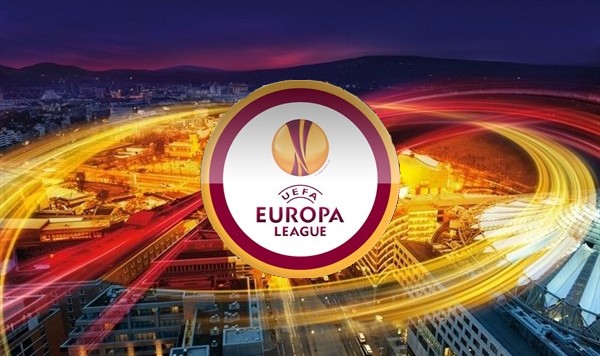
WARSAW, POLAND – MAY 27: Grzegorz Krychowiak of Sevilla celebrates with the trophy after the UEFA Europa League Final match between FC Dnipro Dnipropetrovsk and Sevilla FC on May 27, 2015 in Warsaw, Poland. (Photo by Michael Regan/Getty Images)
A look at the teams still in the Europa League will surprise anyone who hasn’t paid attention to the league in the last few years. Don’t feel bad, most of the soccer-watching public doesn’t pay attention to that league. But a quick run down of the teams look like this: Liverpool, Manchester United, Tottenham, Dortmund, Porto, Shalke, Napoli, Sevilla, Marseille, to name only a few. There are some BIG teams left in this tournament, and many of them will be looking to take the tournament more seriously than ever before. Specifically, the English and Spanish teams will be looking at this tournament as one of the top priorities of the season. Why is that, considering the competition was a joke only a few years ago?
First and foremost, the Europa League represents a real chance to make Champions League outside of the league competition. For teams like Liverpool and Manchester United, who are unlikely to make Top 4 this season, or Sevilla, who will also struggle to qualify through the league, winning the Europa League is far and away their best chance of qualification. Both managers of the two English clubs not likely to make Champions League the conventional way, Klopp and van Gaal, have acknowledged that a Europa League victory would be their most likely route to the Champions League. Sevilla were one of the first teams to take the Europa League seriously, and will continue to do so (since they won it last year and it got them into the Champions League). Sevilla also won the year before and will attempt to be the first team to ever win three straight Europa League titles.

BAKU, AZERBAIJAN – NOVEMBER 26: Son Heung-min (Top) and Harry Kane of Tottenham Hotspur FC celebrate a goal during the UEFA Europe League match between Qarabag FK and Tottenham Hotspur FC at Tofig Bahramov Republican stadium on November 26, 2015 in Baku, Azerbaijan. (Photo by Epsilon/Getty Images)
So is that it? Is that why teams care about the Europa League? Well, sort of. There’s also the money you get for winning and a nice trophy. Okay, I’m being a little facetious here, but the genuine second biggest reason is down to European Coefficients. A team that has been out of Europe for awhile, like Liverpool or Manchester United have been, the European Coefficient will probably have taken a hit. Even missing out on European competition for one season is a huge hit in their coefficient and that mark lasts for five years. If they should happen to get into the Champions League next year, the quality of opponent they face will be determined by this coefficient, and the better they do in the Europa League, the better their coefficient.
In all seriousness, though, it all comes down to the “Big Show”, the Champions League. UEFA pulled a brilliant move in bringing legitimacy to the Europa League, however, by accepting the league’s position as secondary competition to the Champions League and making it a viable option to get into the Champions League. The benefits of this decision is already taking fruit, as the quality of teams in the Europa League has already increased. It would be interesting to see the Europa League finalists take on the Champions League finalists. It might not be as much of a forgone conclusion as it has in the past.






